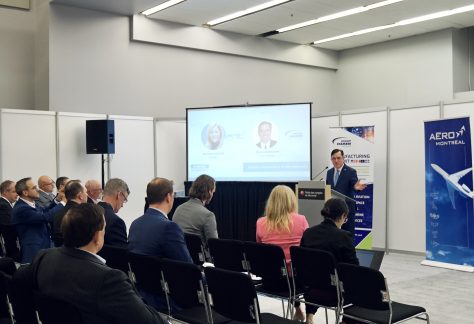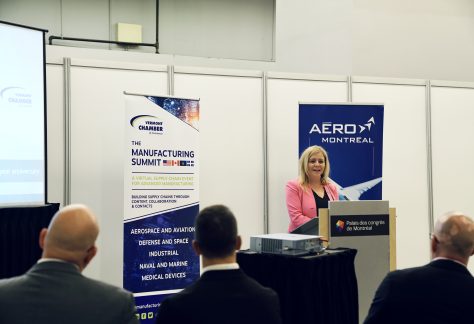Health Care Legislation Championed by Vermont Chamber Becomes Law
Governor Scott signed legislation to keep the small group market separated from the individual market throughout 2025. S.54 is considered a rare “win-win” for small businesses, the state, and Vermonters and was advocated for by the Vermont Chamber. The successful passage of this bill ensures that small businesses, which represent only 6% of the health insurance landscape, will not have to shoulder the added weight of subsidizing premiums for the individual market.
The Vermont Chamber will remain engaged on this issue and is dedicated to reminding legislators that the root problem remains to be addressed. Looking ahead to 2025, this issue of cost-shifting will require further action to achieve a plan that ensures small businesses do not get burdened with the full cost of holding the individual market harmless.






